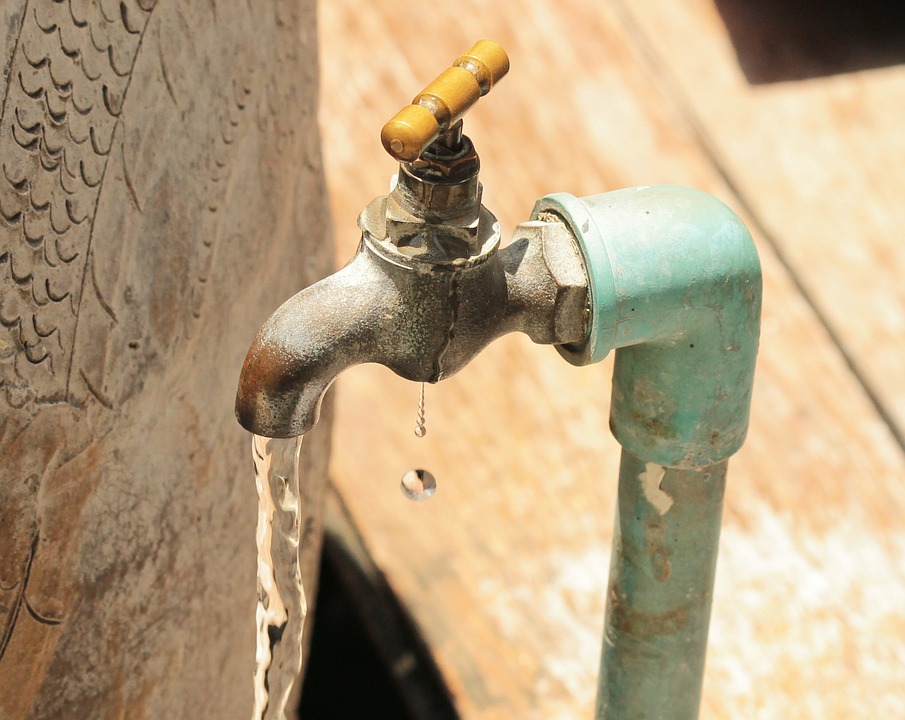When it comes to looking after your home, tap repairs and other similar service providers can prove invaluable, due to the fact that the jobs they do are so simple for them, yet so incredibly beneficial for you. Your water system in general, is incredibly complex, and if anything were to go wrong with it, it could potentially cost you thousands upon thousands to get put right, not to mention the fact that it would make life pretty miserable in the process. 
Finding a good plumber may sound pretty easy and straightforward, but in reality, that is not always the case at all, and some plumbers can actually end up making things even worse. Now, the majority of plumbers out there are fantastic, and provide top of the range services, but unfortunately, you get what you pay for so a good plumber will not come cheap. To help ensure that you never actually need to hire a plumber however, there are things you can do to help ensure you care for and look after your plumbing, keeping your plumbing systems in tip top condition. Here’s a look at a few helpful plumbing tips for you to try at home.
Look after your taps – Tap repairs may seem pretty simple and straightforward, but in reality, they only are, if you know what you’re doing in the first place, which is why you may wish to hire the professionals to deal with your tap repairs. If you have a leaking tap, or a dripping ball valve or tap, rather than simply putting up with the drip, you should instead deal with the problem early, before it becomes a big deal. If the washer on your ball valve is deteriorating for example, it is only going to get worse in the long run, and make matters worse. This means that what was once a simple and routine job, could potentially be a much bigger job, several months, even years, down the line. If a tap is dripping, obviously something is not right, and when it comes to tap repairs and plumbing, small jobs can eventually become much bigger jobs.
Inspect places you can’t normally see – If you have a bath, for example, there should be panels there which allow you to take a look under the bath, and see exactly what is going on under there. If for example, the pipe leading into the bath is leaking, even if it is an ever so slight drip, this will result in your boiler losing water pressure, and it could result in something much, much worse. if you do have a slight leak, the water isn’t evaporating, it will be dripping somewhere, probably onto your wooden floorboards. As you know, wet wood eventually turns rotten and so the entire ceiling could potentially collapse and cave in, which would be devastating. Every few months, look under cupboards, under baths, under sinks, and even under floorboards if possible, and make sure you don’t have any slight leaks. If your boiler is losing pressure, this is usually the sign of a leak somewhere, so finding it early could save you money and hassle.
Maintain your boiler – Your boiler is basically the hub of your entire plumbing system, all pipes are connected to it, and each appliance in your home that gets running water, will be fed to via your boiler. Every year you should have your boiler serviced and maintained, and if it is old and prone to breaking regularly, you may wish to consider saving up and investing in a new one, which would eventually save you money anyways. Your boiler’s flame should be a clear and strong blue colour – anything else could be a sign of damage. The pressure should also largely remain constant, and although slight drops will occur now and then, especially in the winter, if you are having to top up the pressure regularly, something is almost certainly wrong. Although the numbers vary from model to model, most boilers should have a pressure of between 1 and 1.5 bars.
Know your water – Some locations have very hard water, which means that limescale deposits can quickly build up, particularly on shower heads and on taps. Limescale can damage appliances and can make them less efficient, so knowing how hard your water is, is essential. Regularly de-scale your appliances using lime scale removal solutions and treatments, or, simple vinegar, which works just as well as expensive treatments.
Don’t waste water – Whether on a water meter or fixed rate tariff for water, you should still make sure that you never waste water unnecessarily as wasted water means appliances are being used for no reason, and nothing should be used more than it has to be, because, well, it’s just unnecessary. If you have a shower, try having a five minute shower instead of a ten minute one. Have short showers instead of baths, make sure you switch taps off properly, don’t leave taps running unnecessarily, and make sure you don’t have any leaking hosepipes or outdoor appliances that happen to be wasting water.
